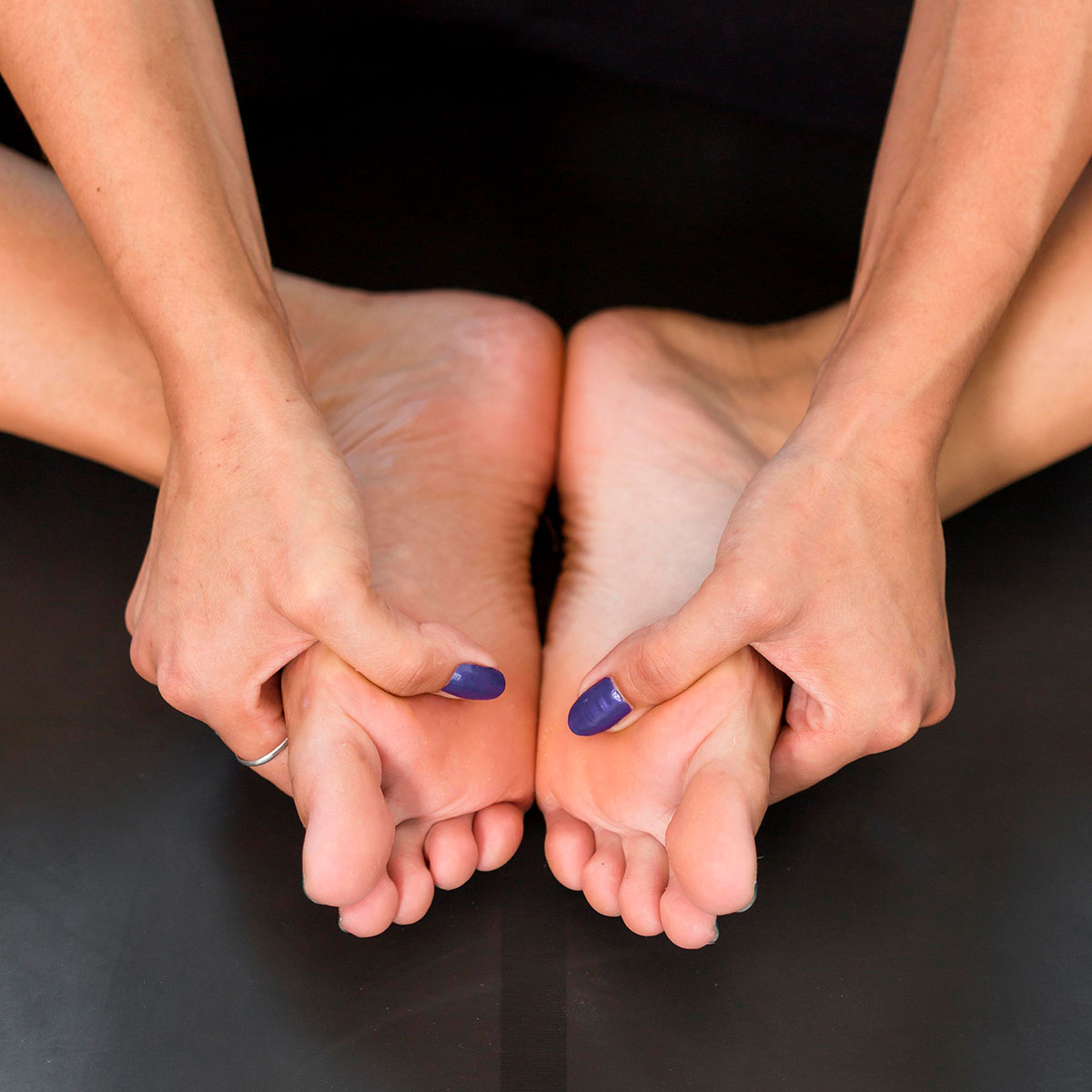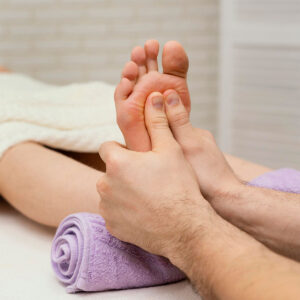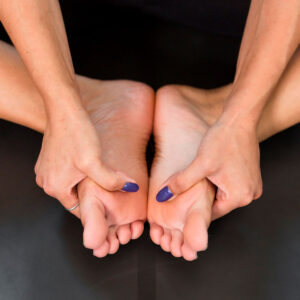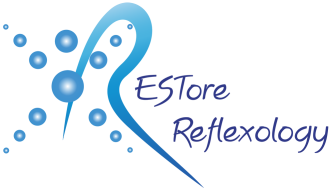Find a Reflexologist in Edmonton & St. Albert: Your Guide to Expert Care and Treatment
Finding a reflexologist can significantly enhance one’s well-being by promoting relaxation and alleviating stress. To locate a qualified reflexologist, individuals should seek recommendations from healthcare professionals or check reputable directories that list certified practitioners. Personal referrals can lead to finding a trusted expert who meets specific needs, ensuring a safe and effective experience.
The process of choosing the right reflexologist involves considering factors such as location, qualifications, and areas of specialization. Researching potential candidates online, reading reviews, and verifying their credentials can help narrow down options. A well-informed choice can lead to a worthwhile experience that supports both physical and emotional health.
Engaging with a reflexologist may open pathways to improved health and relaxation. Many people benefit from the targeted pressure applied during sessions, which can address various ailments. Proper guidance in finding a qualified reflexologist is essential for anyone looking to explore this therapeutic practice.
Why Choose Reflexology?
Reflexology offers a range of physical and psychological benefits that can enhance general well-being. A qualified reflexologist plays a crucial role in ensuring that these benefits are effectively realized through tailored treatment.
Recap of The Benefits of Reflexology
Reflexology focuses on specific points on the feet, hands, and ears that correspond to different body organs. This practice can lead to various benefits, including:
- Stress Reduction: Reflexology is known to promote relaxation, which can help alleviate stress and anxiety.
- Pain Relief: Many seek reflexology to manage chronic pain, such as headaches, back pain, and arthritis.
- Improved Circulation: By stimulating reflex points, it can enhance blood flow and overall circulation.
- Enhanced Sleep Quality: Regular sessions can lead to better sleep patterns and reduce insomnia.
- Boosted Immune Function: The therapy may support the immune system, facilitating the body’s natural defenses.
These benefits can contribute to a more balanced and healthier lifestyle.
Why A Qualified Reflexologist Is Important For Effective Treatment
Choosing a qualified reflexologist is vital for achieving optimal results. A trained practitioner possesses the knowledge to identify the right reflex points and their connections to specific body systems.
- Assessment Skills: A qualified reflexologist can perform detailed assessments to understand individual health concerns. They use this information to customize treatments effectively.
- Safety and Hygiene: Training includes best practices for maintaining a hygienic environment, minimizing risks during treatment.
- Knowledge of Techniques: They are well-versed in various techniques, ensuring that pressure is applied effectively without causing discomfort.
Selecting a qualified professional enhances the efficacy of reflexology and ensures a safe, beneficial experience.
Qualities To Look For In A Reflexologist
When seeking a reflexologist, certain qualities are essential to ensure effective treatment. Knowing what to prioritize can help individuals find a skilled professional who meets their specific needs.
Certification And Training
A qualified reflexologist should have relevant certifications and training from recognized institutions. This training often includes comprehensive courses covering anatomy, techniques, and reflexology principles.
Look for practitioners with credentials from reputable organizations. Such certification indicates a commitment to professional standards and ongoing education.
In addition, some states or countries may have specific licensing requirements. Confirming that a reflexologist meets these standards can provide extra reassurance about their qualifications.
Experience And Expertise
Experience plays a significant role in the effectiveness of reflexology treatments. Practitioners with several years in the field are likely to have honed their skills and techniques.
Clients should inquire about a reflexologist’s experience with specific conditions or issues. This information is crucial, especially for those looking for targeted treatments.
Beyond general experience, expertise in various techniques can enhance the overall treatment effectiveness. Reflexologists may specialize in various approaches, offering clients tailored options based on their unique needs.
Specializations
Reflexologists often have specializations that address specific health concerns or client needs. For instance, some may focus on pain management, while others might work with stress relief or digestive issues.
Identifying a reflexologist’s specialization is essential for those with specific medical conditions. Clients should ask about the practitioner’s areas of focus to ensure their needs align with the reflexologist’s expertise.
Additionally, some reflexologists may incorporate complementary therapies, such as aromatherapy or acupuncture. These added services can enhance the reflexology experience and contribute to overall well-being.
Professional Demeanor And Communication Skills
A professional demeanor is paramount when selecting a reflexologist. Practitioners should exhibit a sense of responsibility, ethics, and respect for their clients.
Clear communication skills are equally important. A reflexologist must explain treatment options, processes, and potential outcomes effectively.
Clients should feel comfortable discussing their concerns and preferences. An open and empathetic approach fosters trust and encourages a productive therapeutic relationship.
Paying attention to these qualities can lead to a more satisfying reflexology experience, aligning the practitioner’s skills with the client’s personal health goals.
How To Verify Credentials
Verifying the credentials of a reflexologist is essential for ensuring quality care. This process involves checking their certifications, licenses, and professional affiliations to confirm their qualifications.
Tips On Checking Certifications And Licenses
When verifying certifications, start by requesting copies of licenses and certifications from the reflexologist. These documents should be current and issued by recognized institutions.
Check if the reflexologist is licensed through your local government or regulatory agency. Many regions have an online database where clients can verify the status of practitioners.
Additionally, look for certifications from reputable associations, such as the American Reflexology Certification Board (ARCB) or others relevant to your country. These organizations typically have strict requirements that practitioners must meet.
Importance Of Verifying Training And Professional Affiliations
Training is a critical factor in a reflexologist’s ability to provide quality services. Ensure the reflexologist has undergone formal training from an accredited institution.
Professional affiliations can also indicate a commitment to the field. Membership in reputable organizations often requires ongoing education and adherence to ethical standards.
Practitioners associated with professional bodies are usually updated on the latest techniques and best practices. This commitment enhances their skill set and professionalism, which directly benefits clients.
Ultimately, thorough verification helps ensure a safe and effective experience for those seeking reflexology.





